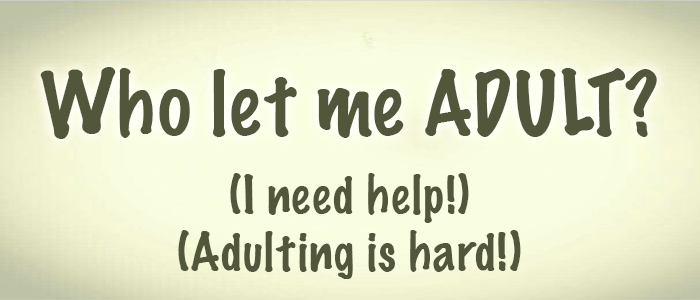Kerby Anderson
A library in Oregon is providing a six-part course called “Adulting 101.” If it becomes popular, I suspect we will be seeing more of these courses nationwide.
Maybe I need to back up and define the term “adulting.” Last year, the term began to be used more frequently. It means to “behave in an adult manner” or it can also describe the attempt to “make someone behave as an adult.” It gained some attention because millennials often go through various life stages (getting married, starting a family) much later than previous generations.
Adulting is one way of acknowledging that eventually millennials have to engage in adult behaviors like paying taxes or buying a house. Sometimes they aren’t prepared for that next step. That is where a course on adulting becomes important.
The Oregon course covers some basic tasks, like checking your oil, setting a budget, cleaning your oven. It also ventures into tricky topics like spotting fake news and learning how to get along with your roommate.
The first part of the series is “Bare Essential Cooking.” It begins as a standard culinary course, but also veers away into lots of creativity since millennials may not have a fully stocked kitchen. In fact, they might be trying to function in a dorm or an efficiency. They even learn how to make quesadillas using a towel, aluminum foil, and an iron. This isn’t exactly Home Economics 101.
Other adulting courses help millennials develop life skills. They include topics like “Getting a Job” and “Financial Know-How” and “Moving Out.” If students have already learned some of this, there is the “Inside the Lines Adult Coloring Club.”
You may be wondering if we really need to provide courses on adulting. Apparently, there is a need, and we may see more of these courses in the future. In the past, we had extended families, involved parents, and classes in shop and home economics. Now, it seems, we are destined to see more courses on adulting.
 Listen Online
Listen Online Watch Online
Watch Online Find a Station in Your Area
Find a Station in Your Area












 Listen Now
Listen Now Watch Online
Watch Online
